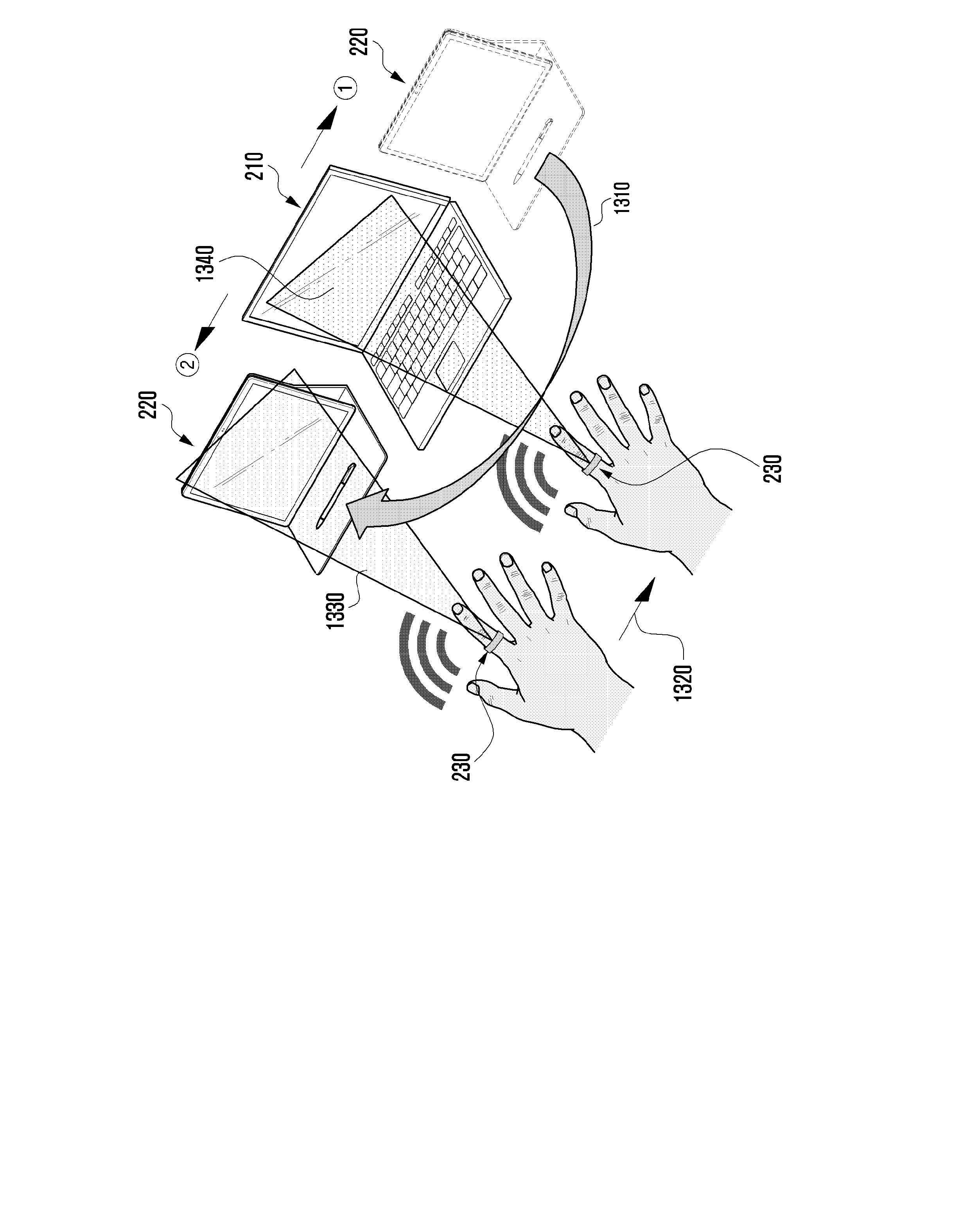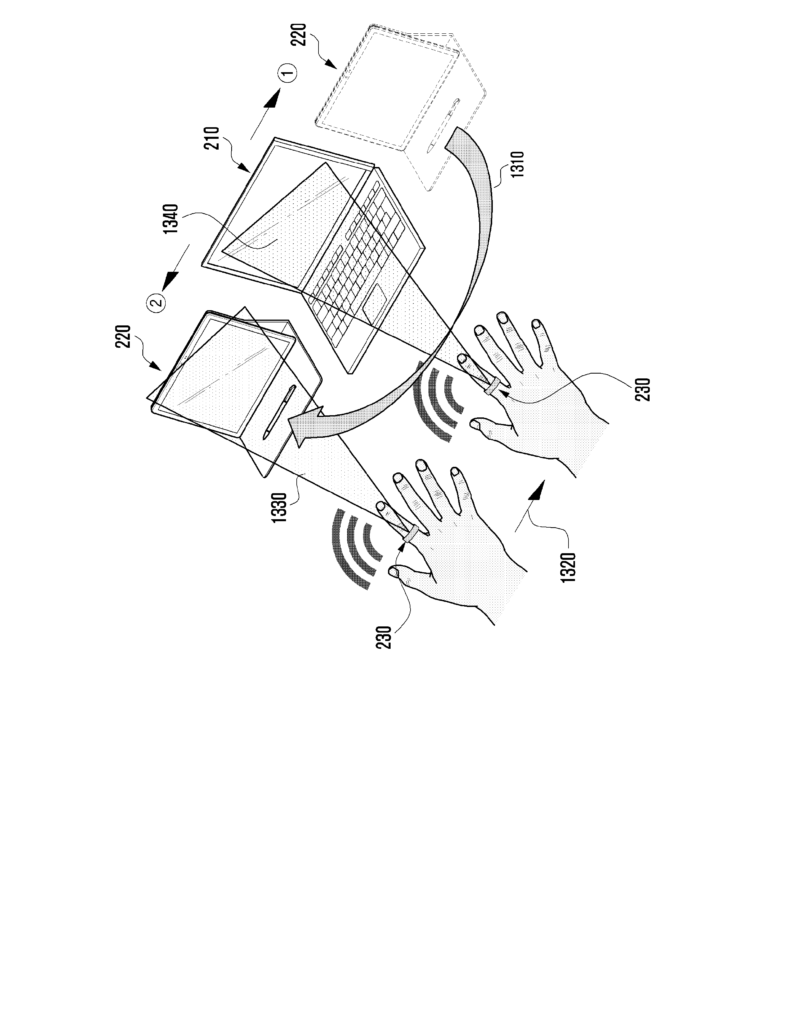An Indian inventor has patented a Smart Mirror system that could reshape healthcare globally. The innovation turns ordinary mirrors into AI-driven health monitors.
The system embeds AI-based image analytics. Once fully developed, it could spot early signs of strokes, heart ailments, and respiratory issues.
It uses federated learning to keep health data private while learning from multiple sources.
Key benefits include:
- Boosting independent living among the elderly.
- Reducing caregiver demands and hospital readmissions.
- Extending healthcare to underserved communities.
- Providing real-time, 24/7 monitoring.
“Invention goes beyond concept. It offers a blueprint to tackle global healthcare issues—from aging populations to doctor shortages,” said Kunwar Siddharth Tiwary, the inventor. He holds dual Master’s degrees in Information Systems and Industrial Engineering. He is pursuing a PhD in Information Technology and has over a decade of healthcare analytics experience.
What Could Follow
The Smart Mirror could aid in chronic disease management, such as diabetes and heart disease, when paired with proper sensors and AI.
It can also support elderly care, with features like fall detection, medication reminders, and emergency alerts.
The system could act as an early warning tool in health crises like pandemics, while keeping individual privacy intact.
And in rural areas, it could bring diagnostic support where medical infrastructure is limited.
Explore More
- Federated Learning in Healthcare: SpringerLink
- Edge Intelligence in Smart Healthcare: SpringerLink







